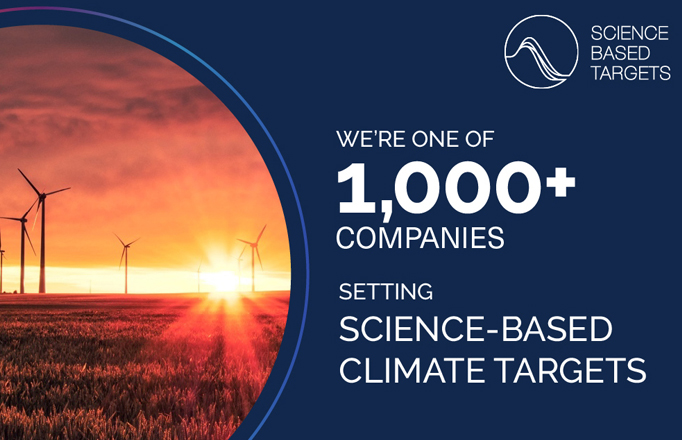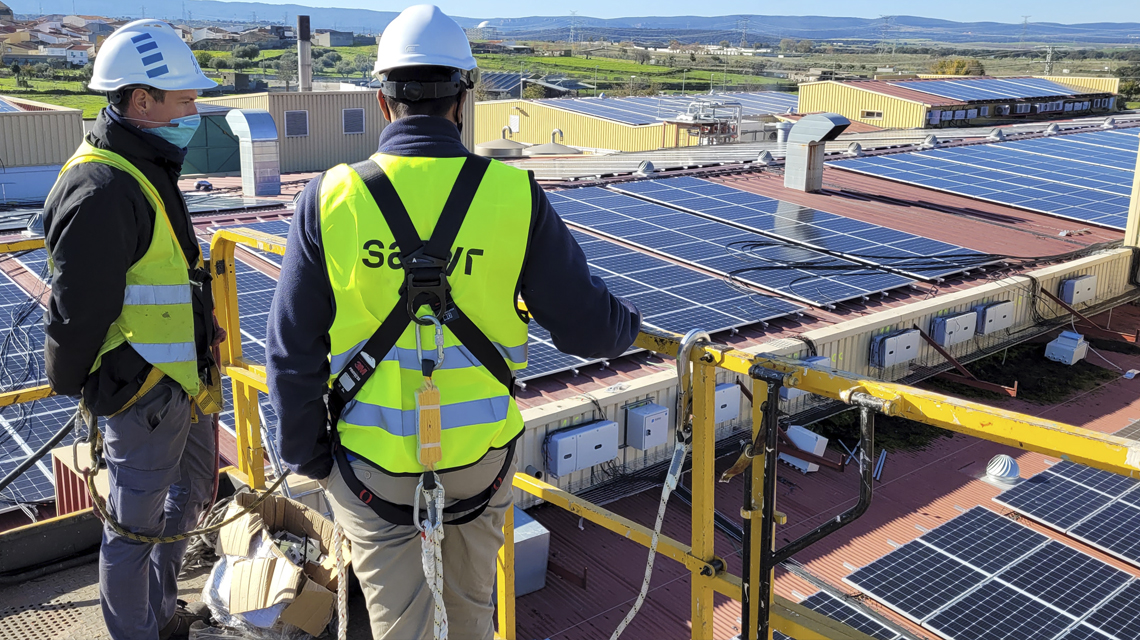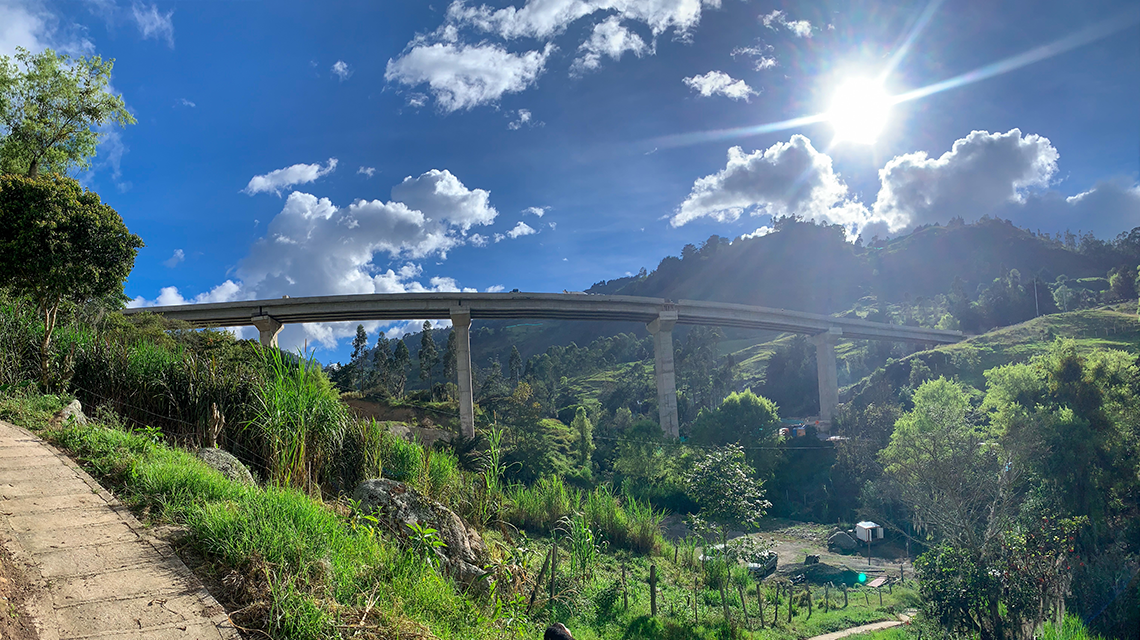Science Based Targets Initiative (SBTi) has validated our science-based emissions reduction goals. This distinction takes place only a few days before COP26, scheduled to be held between October 31 and November 12, in Glasgow, United Kingdom, and where governments, companies, and civil society will debate how to further decarbonization.
Our group has committed to reduce absolute scope 1 and 2 GHG emissions by 42% and absolute scope 3 GHG emissions by 25%, by 2030 from a 2020 base year. Scope 3 includes the purchase of goods and services, fuel and energy-related activities, waste generated in operations, and investments.
The emissions reduction targets set by Sacyr are in line with what climate science deems necessary to limit global warming to 1.5 ºC above pre-industrial levels for scopes 1 and 2, and for scope 3, the company establishes the “well-below 2ºC”.
Manuel Manrique, our chairman, pointed out that SBTi’s approval of the targets the company has set for itself “validates Sacyr’s firm commitment against climate change”. .
“At Sacyr, we have set for ourselves one of the most ambitious targets in our sector, aligned with the aim of limiting global warming to 1.5ºC, as per the United Nations’ Business Ambition commitment. To that end, we have defined a solid roadmap that will allow us to significantly reduce both our emissions and our supply chain’s in the upcoming years”, Manrique added.

Closer to meeting the Paris Agreement’s goals
This way, we are one step closer to meeting the goals set in the Paris Agreement after committing to establishing intermediate targets and designing a roadmap to science-based net-zero emissions.
SBTi offers companies a way to commit and establish science-based targets to show them how much and how quickly they need to reduce their GHG emissions to prevent the worst effects of climate change.
This exercise helps companies identify and prevent the worst impacts of climate change and set a pathway for decarbonization, boosting competitive advantage.

